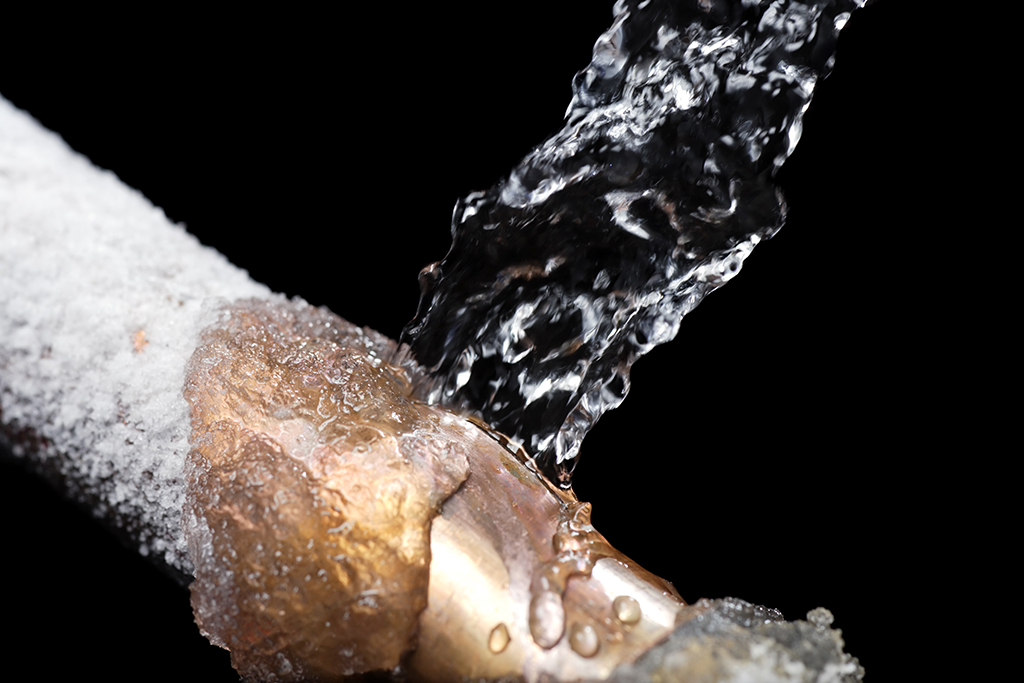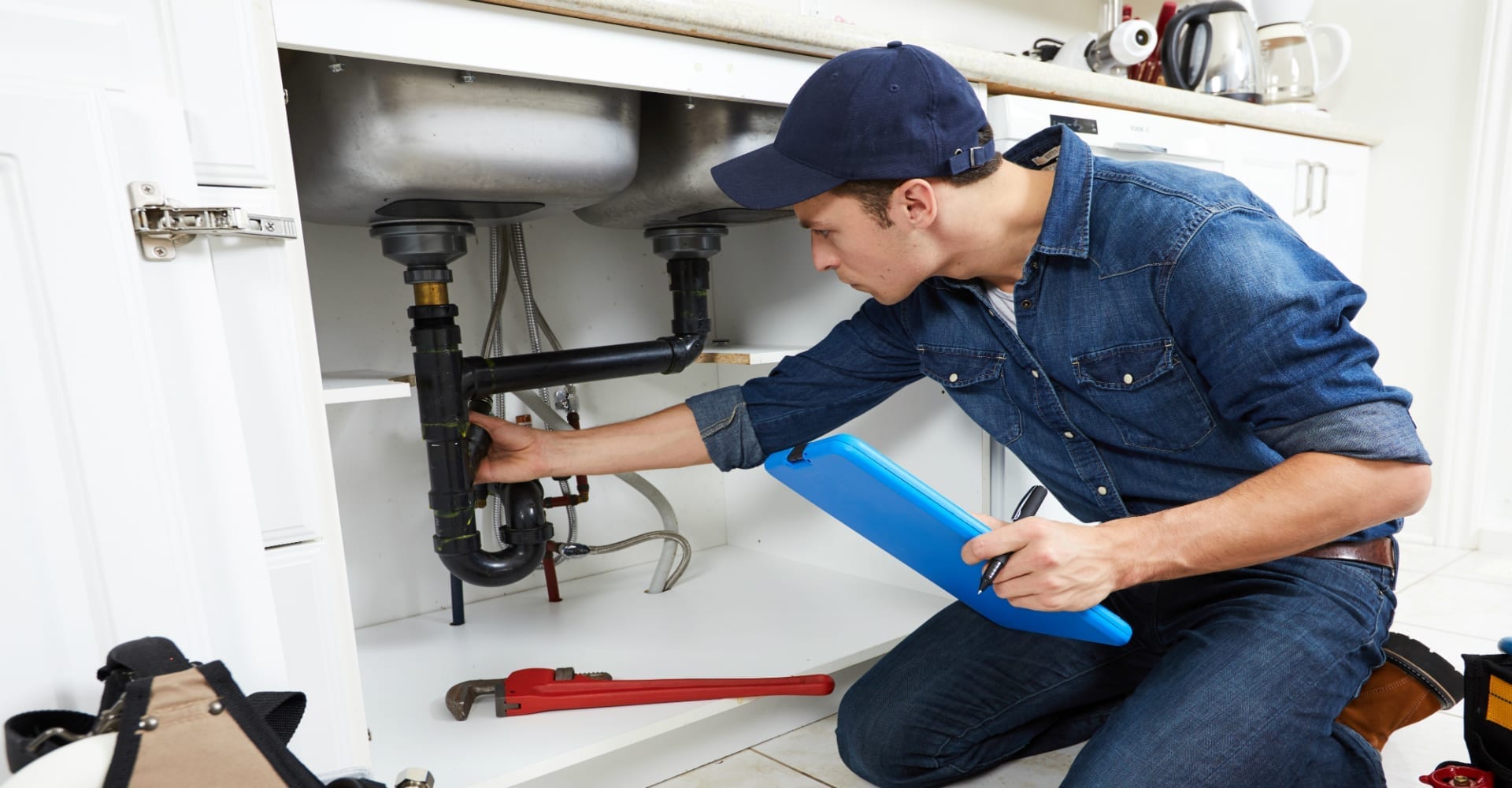Five Winter Hacks to Safeguard Your Pipes from Frigid Weather Bursts
Five Winter Hacks to Safeguard Your Pipes from Frigid Weather Bursts
Blog Article
Are you searching for guidance on Prevent Freezing and Bursting Pipes?

All homeowners that live in warm environments have to do their best to winterize their pipes. Failure to do so can spell catastrophe like icy, split, or ruptured pipes.
Try a Hair Clothes Dryer or Heat Weapon
When your pipes are almost freezing, your reliable hair clothes dryer or heat gun is a blessing. Bowling warm air directly into them might help if the hot towels do not aid dislodge any kind of resolving ice in your pipes. Nonetheless, do not utilize various other items that create direct flames like an impact torch. This can cause a bigger disaster that you can not control. You might end up damaging your pipes while attempting to melt the ice. And also in the future, you may also end up shedding your home. So be careful!
Open Up Cupboard Doors Hiding Plumbing
When it's chilly outside, it would certainly be practical to open closet doors that are camouflaging your pipes. They could be someplace in your kitchen or shower room. This will certainly permit the cozy air from your heating unit to flow there. Therefore, you avoid these exposed pipelines from cold. Doing this small method can keep your pipes warm and also restrict the potentially unsafe outcomes of freezing temperature levels.
Require Time to Cover Exposed Piping
One clever and simple hack to warm up icy pipes is to cover them with warm towels. You can cover them initially with towels. After protecting them in position, you can put boiling water on the towels. Do it gradually to allow the towels take in the fluid. You can likewise utilize pre-soaked towels in hot water, simply do not neglect to put on safety gloves to safeguard your hands from the heat.
Activate the Faucets
When the temperature level drops and also it seems as if the icy temperature will certainly last, it will certainly assist to transform on your water both inside your home and also outdoors. This will keep the water flowing via your plumbing systems. You'll finish up wasting gallons of water this method.
Shut Off Water When Pipelines are Frozen
Switch off the major water valve quickly if you see that your pipes are totally frozen or practically nearing that phase. You will generally locate this in your basement or utility room near the heating system or the front wall surface closest to the street. Transform it off immediately to prevent additional damage.
With even more water, more ice will certainly pile up, which will eventually lead to burst pipes. If you are unsure concerning the state of your pipes this wintertime, it is best to call a specialist plumber for an examination.
All house owners who live in temperate environments need to do their ideal to winterize their pipes. Failing to do so can lead to catastrophe like icy, split, or ruptured pipes. If the warm towels do not aid remove any clearing up ice in your pipelines, bowling warm air directly right into them might help. Transform off the main water shutoff right away if you observe that your pipelines are completely icy or practically nearing that phase. With even more water, even more ice will stack up, which will at some point lead to break pipelines.
PREVENT YOUR PIPES FROM FREEZING THIS WINTER
A Leading Cause of Property Damage
When the weather is taking a deep nose dive into the cold dreary days, the risk of your pipes freezing and potentially bursting skyrockets. Unfortunately, during these cold dreary months, burst pipes are the most common denominator for property damage. The pipes that are most at the risk are those that are in areas where it is most cold in your home. For instance, pipes located in interior places such as basements, attics, and your garage. Unfortunately, that doesn’t mean that the pipes running through your cabinets or exterior walls can’t freeze. Good news, however, is that you can do things to help prevent pipes from freezing.
How to Prevent Pipes From Freezing
Once the temperature starts to drop during the winter, you should be taking the proper measures needed to ensure that your pipes stay warm and that there is circulation of water through them. Some steps that experts may recommend could go against your better judgement when it comes to saving water and heat. However, it would go without saying that when expenses are compared, damaged pipes could put a bigger dent in your wallet than a water bill.
What Can I Do?
Keep your garage door closed. This is very important, especially if you have water supply lines running through your garage. Open your kitchen and bathroom cabinets to allow warm air to circulate through them. Allow air circulation throughout your home. Keeping the interior doors open will once again allow the warm air to circulate inside your home. Ensure your thermostat is running the same temperature throughout the night and day. If you plan to be away from home during the cold months, set your temperature no lower than 55° F. This should provide enough heat to keep the pipes warm and prevent any remaining water inside the pipes from freezing. For more of a long-term solution, add insulation to attics, basement, and other crawl spaces around your home. By allowing your faucet to drip, it will alleviate pressure in the system. This is important because the pressure that is created between the blockage and the faucet can potentially cause the pipes to burst. Allowing the faucet to drip will prevent the pressure from building up, therefore keeping the pipes from bursting. Seal any cracks, openings, and crawl spaces around your home to prevent cold air from coming inside. This keeps your pipes-not to mention your home-warmer and less susceptible to issues caused by freezing temperatures. For the pipes in your home that are easily accessible, applying electrical tape to them might prevent them from freezing over. This is a quick fix, as you can apply the tape directly to the pipe. There are two options for heating tapes. One turns on and off by itself when it senses heat is needed. The other type of heating tape needs to be applied when heat is needed and removed when not necessary. If you have exposed pipes in your home, you can check this website to take a look at a few options that would be available at a shop near you.

Do you like reading about How to Prevent Frozen Pipes? Write a remark down below. We will be glad to hear your insights about this posting. We are looking forward that you come back again in the future. Sharing is nice. Helping others is fun. Many thanks for your time. Don't forget to check our blog back soon.
Further Details Report this page